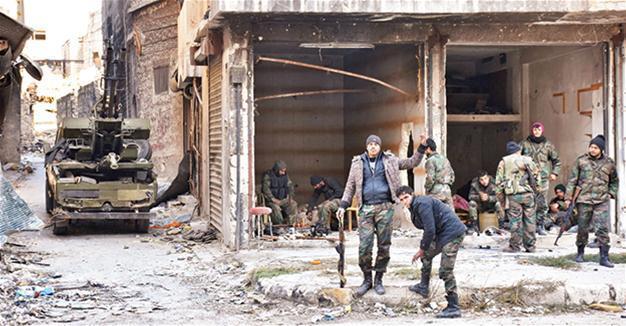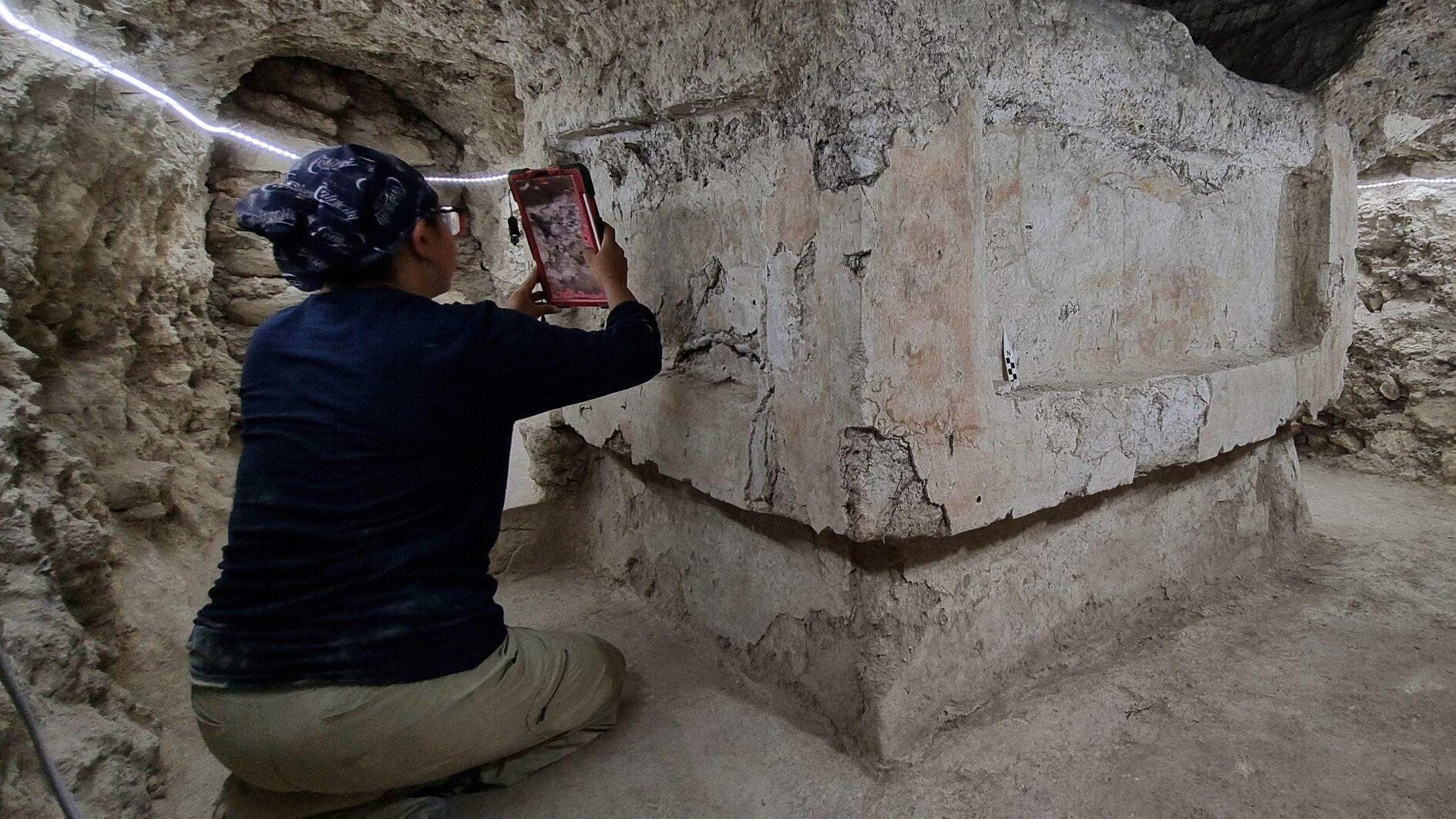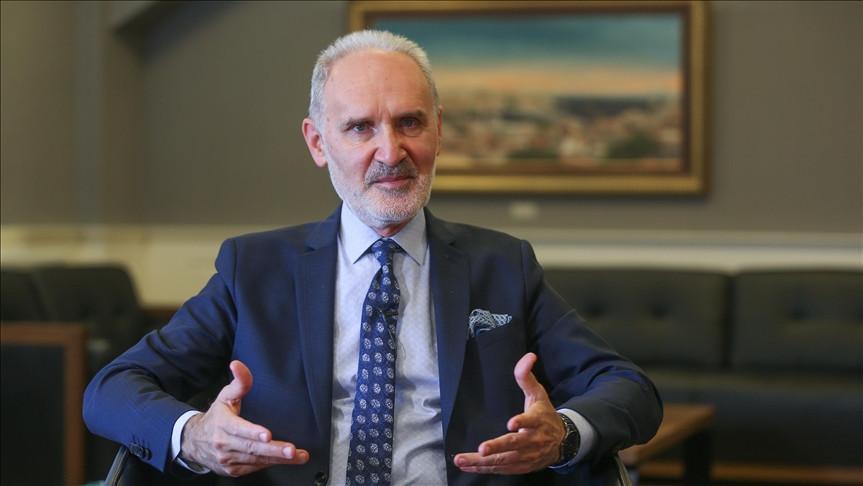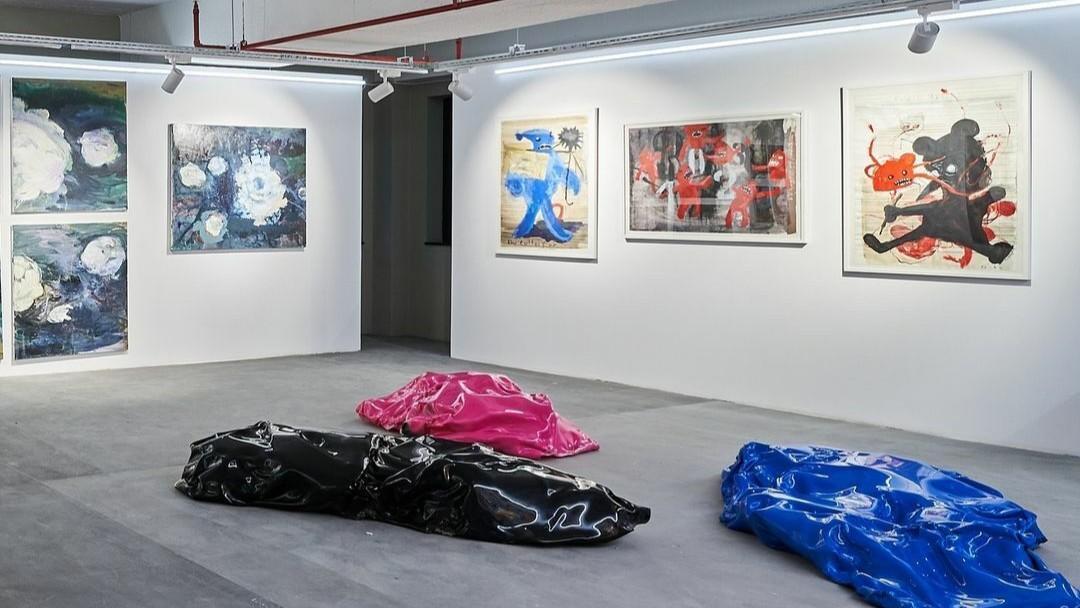US, Russia working on plan as Assad forces advance in Aleppo
HAMBURG / ALEPPO

AFP photo
U.S. Secretary of State John Kerry said on Dec. 8 he was “hopeful” about reaching an agreement with Russia over the Syrian city of Aleppo as government forces continued their advance in the city.“We’re working on something here,” Kerry told reporters after meeting Russian Foreign Minister Sergei Lavrov at an Organization for Security and Cooperation in Europe (OSCE) conference in Hamburg.
Asked if he was confident about a breakthrough, Kerry said he was not confident, but “hopeful.”
The Kremlin said on Dec. 7 that a potential U.S.-Russia deal to allow Syrian rebels to safely leave Aleppo was still on the agenda, amid calls from the rebels in the city for a cease-fire.
Syrian President Bashar al-Assad, meanwhile, said victory for his forces in Aleppo would be a “huge step” in ending Syria’s war.
Despite pleas from Western countries and the United Nations, al-Assad also rejected talk of a cease-fire in Aleppo.
In a wide-ranging interview with Syrian daily al-Watan, al-Assad was confident of victory in Aleppo, though he admitted retaking the city would not end the country’s conflict entire-ly.
“It’s true that Aleppo will be a win for us,” al-Assad said.
“Let’s be realistic – it won’t mean the end of the war in Syria,” al-Assad said. “But it will be a huge step toward this end.”
Regime forces have retaken about 80 percent of former rebel territory in Aleppo since launching an all-out offensive three weeks ago to recapture Syria’s second city.
After a highly symbolic retreat from Aleppo’s Old City, the rebels on Dec. 7 called for a five-day cease-fire to allow for the evacuation of thousands of civilians still in opposition-held territory.
But al-Assad’s government has said a truce is only possible after a full rebel withdrawal from Aleppo, and opposition fighters have rejected any talk of abandoning the city.
Asked about the possibility of a truce, al-Assad said: “It’s practically non-existent, of course.”
Al-Assad’s forces, backed by foreign fighters from Iran and Lebanon’s Shiite Hezbollah movement, were continuing to advance on Dec. 8, the Syrian Observatory for Human Rights said.
The Britain-based monitoring group said there was heavy rocket fire on several rebel-held districts and fighting in the Salaheddin and Bustan al-Qasr neighborhoods.
The assault has prompted a mass exodus of residents, with the observatory saying at least 80,000 have fled their homes.
Syrian troops and aid groups have been helping to evacuate residents from newly retak-en areas of east Aleppo, where civilians lived for months under heavy bombardment and a regime siege.
The International Committee of the Red Cross said on Dec. 8 it carried out an operation overnight with Syria’s Red Crescent to evacuate 150 civilians, many disabled or sick, from a health facility in the Old City.
“These patients and civilians had been trapped in the area for days because of heavy clashes nearby and as the front line kept drawing closer,” said ICRC Syria delegation head Marianne Gasser.
“Many of them cannot move and need special attention and care. It must have been terri-fying for them,” she said.
It was unclear how many civilians remained in rebel-held territory, but there were an es-timated 250,000 in east Aleppo prior to the latest offensive.
Save the Children said tens of thousands of children were “sitting targets” in the fighting.
“It defies belief that after nearly six years of suffering through this war, the international community is still willing to stand by as civilians are bombed with seeming impunity,” said the group’s Syria director, Sonia Khush.
















